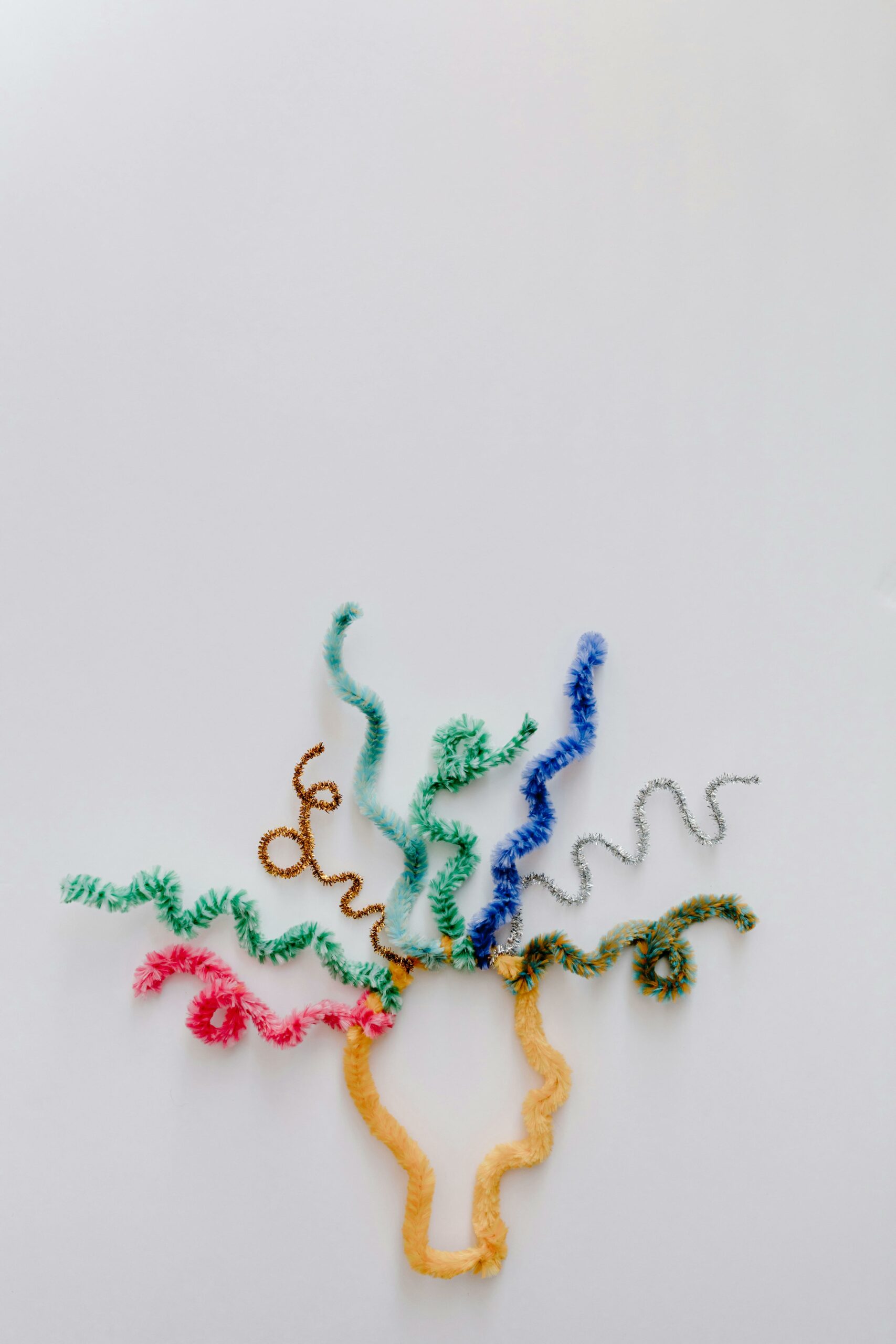Is Your Lifespan Outliving Your Healthspan?
Category: Healthy Aging

I just received a very positive phone call from my eldest son about his recent physical. Because he has taken the time to get sugar pretty much out of his diet as well as concentrating on consuming more fruits and vegetables each day, he was able to change his health numbers drastically, all without drugs! Even his doctor was amazed. That is a wonderful Father’s Day gift he is giving to his family. It is also pretty profound when you consider that our lifespan in this country is not even in the top 20 of other nations in spite of the fact that we spend almost twice as much on healthcare as those other countries.
According to the Centers for Disease Control and Prevention….”Chronic diseases and conditions—such as heart disease, stroke, cancer, diabetes, obesity, and arthritis—are among the most common, costly, and preventable of all health problems. Health risk behaviors are unhealthy behaviors you can change. Four of these health risk behaviors—lack of exercise or physical activity, poor nutrition, tobacco use, and drinking too much alcohol—cause much of the illness, suffering, and early death related to chronic diseases and conditions.”
A subject that cannot be ignored, sugar consumption, also plays into the rise of chronic disease. An article by MedPage reviewing the latest documentaries about the ravages of sugar on the health status of Americans states. “Sugar — not dietary fat, not cholesterol, not sodium, not red meat, not carbohydrates — that is the fundamental threat to good health in this country. It drives obesity, which promotes type 2 diabetes, which leads to heart disease. The American Journal of Clinical Nutrition warns that processed sugars trigger the release of inflammatory messengers called cytokines.
Chronic inflammation can lead to pulmonary, cardiovascular, auto-immune, and neurological diseases as well as cancer, Alzheimer’s (often referred to as Diabetes III), diabetes II and arthritis. So what triggers inflammation (besides sugar)?
- The Harvard School of Public Health researchers in early 1990 found that trans fats are known to trigger systemic inflammation. Trans fat can be found in fast foods and other fried products, processed snack foods, frozen breakfast products, cookies, donuts, crackers and most stick margarine. Avoiding the foods with partially hydrogenated oils in the ingredient labels is recommended.
- According to Scientific American, processed carbohydrates may trump fats as the main driver of escalating rates of obesity and other chronic conditions. These high-glycemic index foods ( (bread, rolls, crackers, white rice, white potatoes, instant mashed potatoes, and french fries) fuel the production of advanced glycation end (AGE) products that stimulate inflammation.
- Did you know that if you are sensitive to the chemical, Aspertane, which is approved by the FDA and in over 4,000 different products, your immune system may react to the “foreign substance” by attacking the chemical, which in return, will trigger an inflammatory response?
- Saturated fats found in pizza, cheese, red meat, full-fat dairy products, pasta dishes and grain-based desserts) trigger adipose (fat tissue) inflammation, which is not only an indicator for heart disease but it also worsens arthritis inflammation.
To make sure that at the end of our lives we have remained healthy let’s focus on a few things:
- Eliminating sugar as much as possible. I have found that berries, filled with antioxidants and fiber, are a great alternative, as well as replacing sodas with seltzer with a squeeze of lemon or lime.
- Avoiding fast food as much as possible and preparing lots of fresh salads and vegetables.
- Choosing high fiber bread with sprouted grains.
- Just read someone’s suggestion (Anthea Levi) for making your own yogurt (since the ready-made ones are too much sugar) ” I place a third of a cup of frozen fruit (usually organic blueberries) in the bottom of a container, then top it with a serving of plain, unsweetened yogurt and refrigerate the combo overnight. I also like to add additional toppings, like cinnamon, rolled oats, ground flax seeds, or chia seeds on top of the yogurt.” What a great idea! (Also loved her comment about eliminating ketchup (too much sugar) from her diet).
- Taking a multi-vitamin to cover your base nutritional needs. (go here for a great e-book about what to look for when choosing one)
- Research is out on an anti-aging supplement that can not only help with our body’s inflammatory response but also improve the length of our telomeres (those protective caps of repetitive DNA at the end of chromosomes) ….the longer our telomeres, the longer our lifespan!…and was fascinated with a recent statistical analysis project that an 80-year-old person taking this supplement would have the same telomere length as a 41-year-old! Makes me glad that Ray and I have been consistently taking this supplement on a regular basis! Go here to read my blog post to learn more about telomeres.
- Make exercise a daily habit.
If we take on a healthy lifestyle we can significantly bridge the gap. My own son’s recent experience in making those daily dietary changes proved that. It’s never too late to start!
So what is your formula for feeling younger longer?
“Health is the opposite of disease. Why not do everything within your power to build health”



Facebook Comments